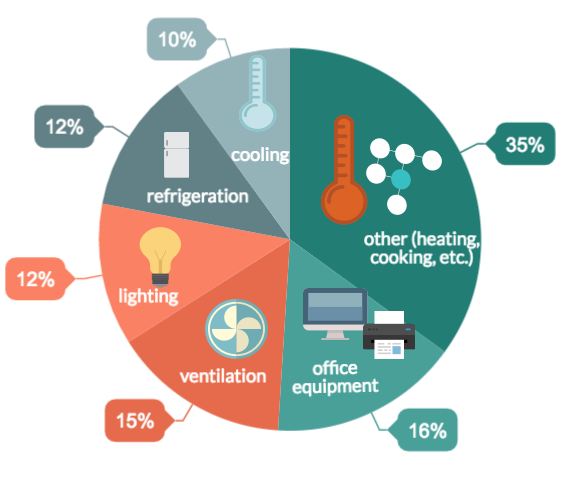The hospitality industry is increasingly focusing on sustainability, recognizing that effective strategies must start with people. This shift is particularly evident in Asia, where hotels are striving to achieve sustainability goals with the support and oversight of governments and industry stakeholders.
Support and Oversight for Sustainability
According to a recent article by BloombergGreen, Asia’s Hotels Need Support, Oversight to Achieve Sustainability, the tourism industry in Asia is seeing a shift towards sustainable growth. Governments are focusing on job creation, domestic tourism, and community contributions alongside environmental concerns. For instance, Singapore aims for 60% of its hotels to achieve internationally recognized sustainability certification by next year and is tracking hotel emissions with the goal of eliminating them by 2050.
Challenges and Opportunities
More than half of Asia’s hotels and resorts are independently run, facing challenges in implementing sustainable practices due to limited government support. However, the push for sustainability in Asia’s hospitality industry could lead to increased investment in eco-friendly infrastructure and services. This trend is likely to pressure hotels to adopt sustainable practices to meet evolving consumer demands and regulatory requirements.
Tourism Degrowth and Responsible Tourism
The concept of ‘tourism degrowth’ is gaining traction to promote responsible tourism. An article by the Economic Times highlights the growing issue of overtourism and its negative impact on local communities, cultures, and ecosystems. Cities like Venice, Barcelona, and Amsterdam are taking steps to control the influx of tourists. The article, titled Time to Send All Those Loutish Tourists Packing, suggests that this could lead to stronger anti-tourist sentiments and regulatory actions in the future.
Economic Impact of Tourism
Tourism is a fundamental driver of the global economy, accounting for 9.1% of global GDP in 2023. The UN World Tourism Organisation reported an estimated 1.3 billion international arrivals in 2023, which is 88% of pre-Covid numbers. However, unchecked tourism can lead to anxiety among local residents. For tourism to be sustainable, it needs to uplift and benefit local economies and priorities beyond generating revenue from tourists.
Government Policies and Sustainability
Policies for investing in tourism must be based on supporting initiatives that also elevate local priorities beyond the likes of local merchandise sales and turnstile proceeds at tourist destinations and landmarks. Conservation measures and management of natural resources are crucial for sustainable tourism. For example, the Gharana Wetland Conservation Reserve in Jammu has been transformed into a ‘bird-watching paradise’ due to effective conservation efforts.
Future Outlook
The future of the hospitality industry lies in sustainable practices that benefit both the environment and local communities. Hotels and resorts that adopt verifiable standards and certifications for their sustainability initiatives are likely to attract more eco-conscious travelers. The industry’s shift towards sustainability is not just a trend but a necessary evolution to ensure long-term success and positive impact on the planet.
For more insights into sustainable tourism practices, read the article on Time to Send All Those Loutish Tourists Packing.
Ready to Transform Your Hotel Experience? Schedule a free demo today
Explore Textify’s AI membership
Explore latest trends with NewsGenie


